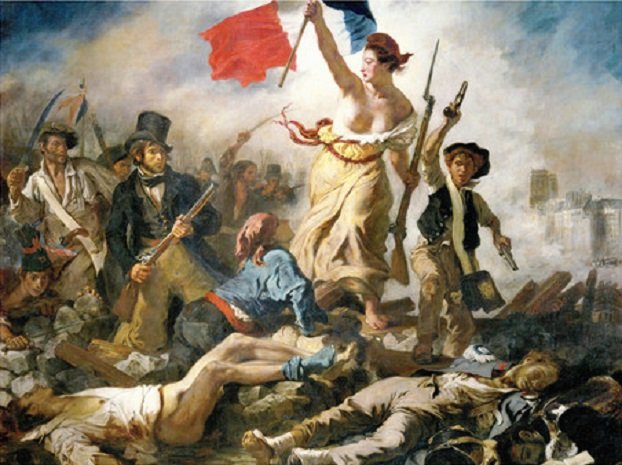Nature and peculiarities of historical knowledge /part 3/
Ultimately, this understanding leads to a refusal to consider the past as a real object of knowledge. Moreover, it leads to the mixing of the subject and the tasks of history with the subject and the tasks of the source. The thesis of the absence of the subject of history-past does not correspond to the real state of affairs. one such thesis not only relativises the historical truth or replaces the object of occupation not the historian, but also makes the historical knowledge impossible.
Still, Titus Lucretius Carr states that one can not say anything about the past if the reason does not find any traces. Hegel, for his part, declares the current present form of the spirit (which implements the historical movement), which contains all the previous degrees that he has left behind. Ie. the past is not something that is absent from the present, but on the contrary is something that is present in it. Such an idea is found in Haeckel and Müller, according to which man's ontogenesis (from development to death) is a brief but intense repetition of his phylogeny / human development from homosapiens to the present day. In this plan, the past is present in the present first in the form of sustainable development laws that have been valid for both the lives of previous generations and our lives, and probably the lives of future generations.
But as we know the essence is manifested by the phenomenon, the common through the single, the necessary through the random, the constant through the variable, etc., so these characteristics are not given to us sensitively, but are given to us by the phenomena, the units, the randomness or the changing .e. they are given to us through the mentioned transient concrete forms of existence. The question arises: whether the past is present in the present and at that particular level / individual events, processes ... / - the answer is positive. First of all, the past in its own specificity has been given to the historian in the form of "stagnant" but preserved in time monuments of the spiritual and material culture of our ancestors, namely: in the form of vessels, weapons, ornaments, tools, facilities, coins, inscriptions, fortresses, documents, etc.
Moreover, it is given to us in the form of a number of our ancestors' remnants, upon which modern science is able to restore their image and peculiarities, to define fairly accurately their physical and mental abilities, including their illnesses and the causes of their death. So, in this particular subject form, the past has the properties of immediate reality, and precisely because it has influence on the feelings and reason of the contemporary historian.
